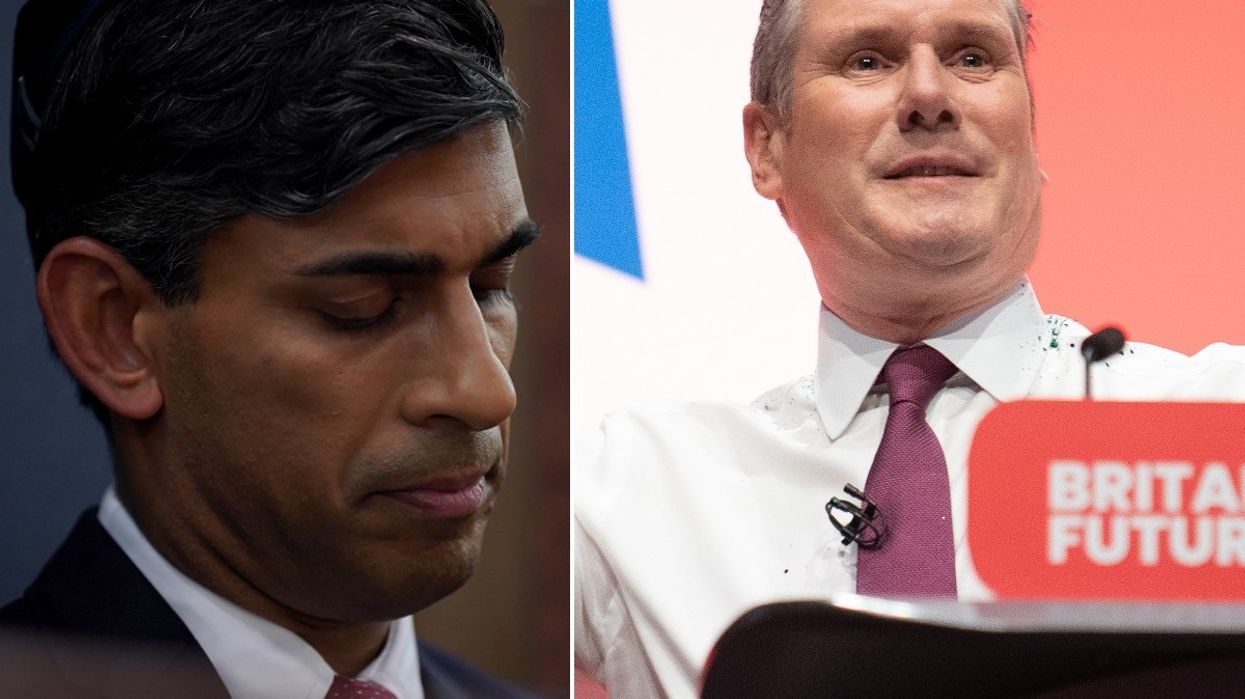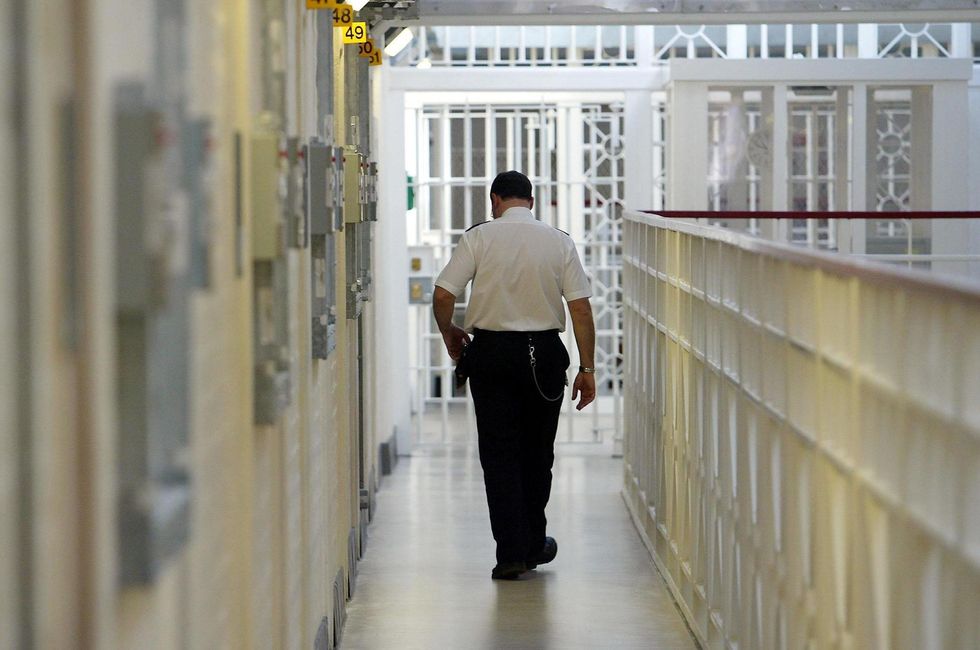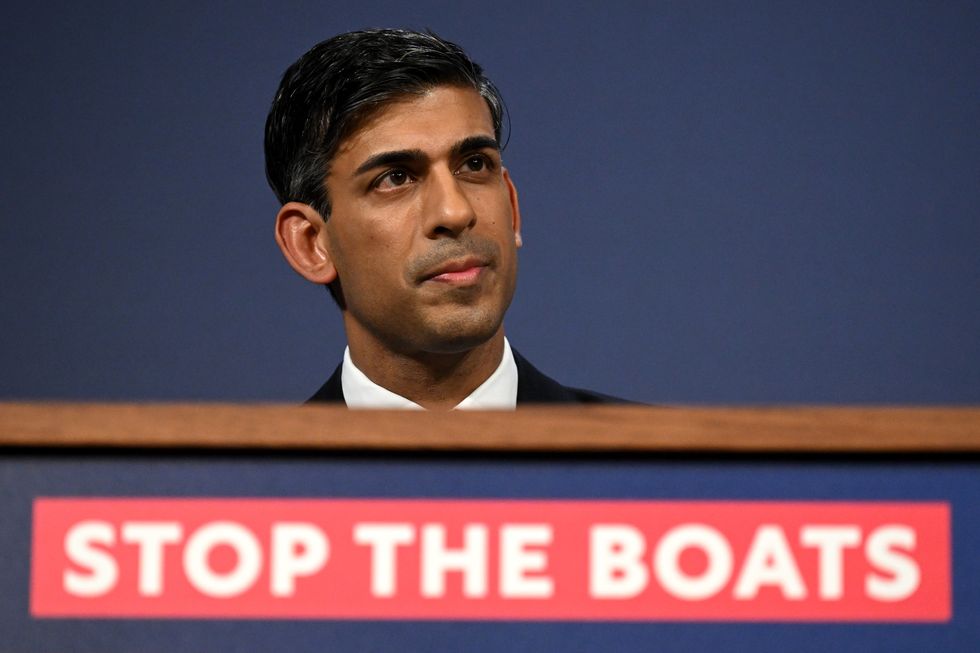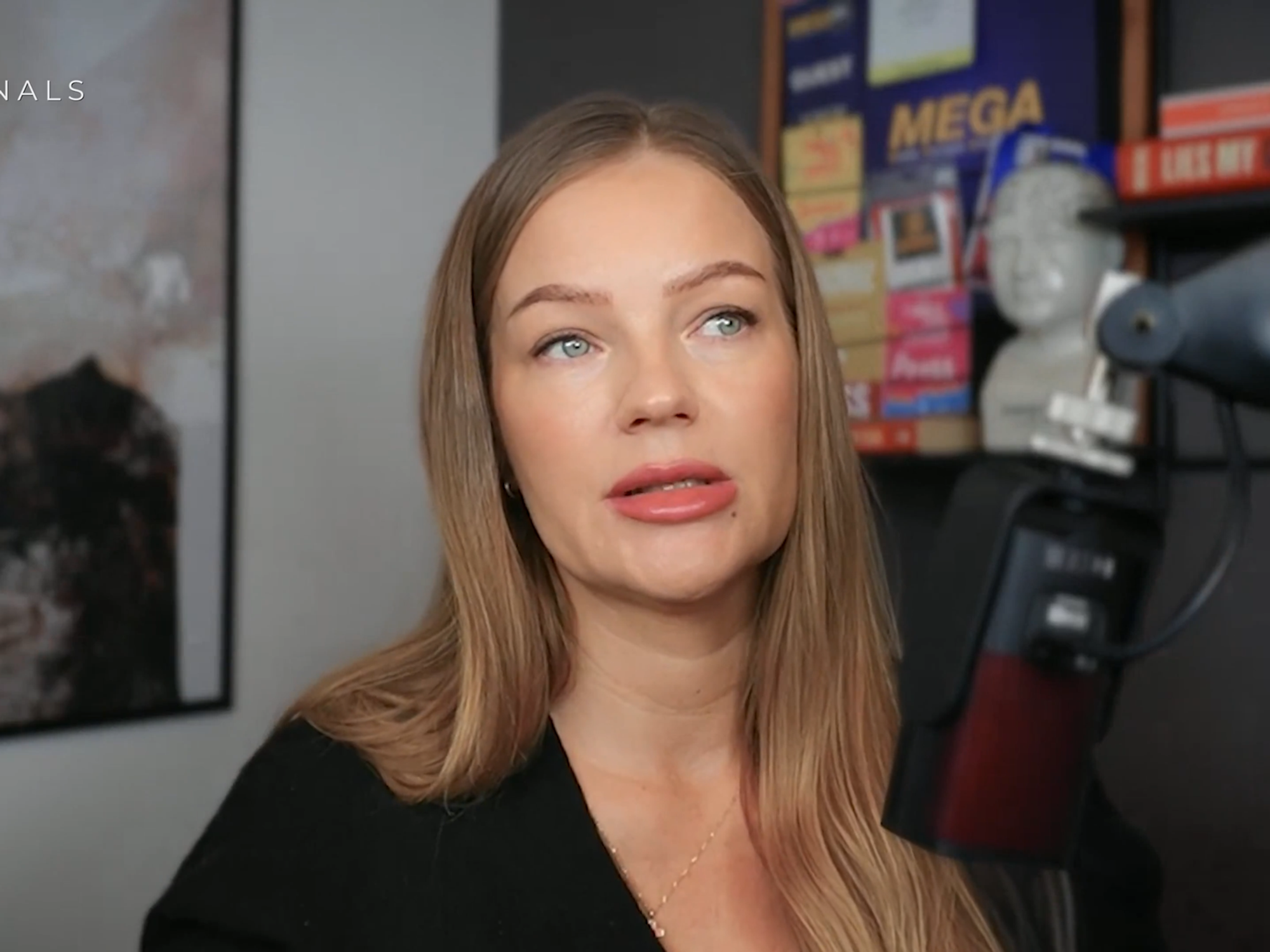Rishi Sunak risks pushing voters into Keir’s clutches over key issue, analysis by Olivia Utley

Rishi Sunak risks pushing voters into Keir’s clutches over key issue, analysis by Olivia Utley
|PA

‘The Government appeared to be sitting on its hands after new data came to light’
Don't Miss
Most Read
It is often said that Keir Starmer is stealing Rishi Sunak’s clothes. But never, perhaps, has that been truer than now.
Traditionally, while Labour is on comfortable ground talking about the NHS, the Conservatives tend to be more trusted by voters on issues pertaining to housing, the economy and law and order.
Not so anymore. A recent survey showed more than double the proportion of people (35 per cent) said Labour should be trusted to deal with the housing crisis, as opposed to the Tories (16 per cent).
On crime, the Conservatives were nine points behind with Labour on 29 per cent to the Tories’ 20 per cent.
WATCH NOW: Tory Conference - Highlights of Rishi Sunak's speech
While that last stat might make for uncomfortable reading for Conservative cabinet ministers, it should come as no surprise.
According to data The Independent revealed last week, prison overcrowding is at an all-time high.
Most prisons are now dangerously overcrowded; some, like Wandsworth, where terror suspect Daniel Khalife is alleged to have escaped from, hold a whopping 70 per cent more detainees than they legally should.
So, what are the Conservatives doing to fix the problem? Alarmingly, when these figures first came to light last week, the Government appeared to be sitting on its hands. While the MoJ considered contingency measures, judges were told to delay sentencing hearings and reminded to take account of the overcrowding when deciding whether to jail an offender. Some violent offenders and thieves were even spared jail and instead handed sentences in the community.
LATEST DEVELOPMENTS:

Most prisons are now dangerously overcrowded, according to new data
| PAAt last, however, Justice Secretary Alex Chalk seems to have got a grip on the situation.
In a statement in the Commons today, he laid out the Government’s plan to tackle overcrowding, including deporting foreign criminals earlier, and cutting down on short sentences, arguing that they lead to a “cycle of crime”.
He will likely find public approval for the first of these policies: Britain is currently home to 10,500 foreign prisoners, at huge cost to the taxpayer. But will ordinary Brits really accept the somewhat counter-intuitive idea that locking up fewer criminals will result in less crime?
Some voters will perhaps accept Alex Chalk’s logic that locking people for relatively minor offences can end up being counter-productive: in prison, these offenders can often end up getting entangled with more serious criminals, and all too often find themselves back in prison soon after getting out.

'Once again, it seems, the Conservatives have ceded the issue of law and order to the Opposition'
| PABut the Conservatives can’t bank on that. Many ordinary Brits living in areas beleaguered by crime will doubtless see the new policies as “soft on crime”, and will turn instead to Keir, who, evoking three-time election winner Tony Blair, has promised to be “tough on crime, tough on the causes of crime.”
Once again, it seems, the Conservatives have ceded the issue of law and order to the Opposition.










